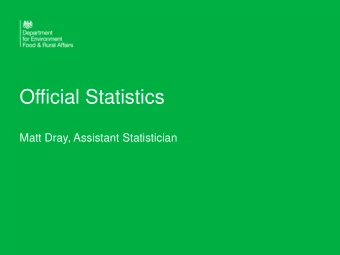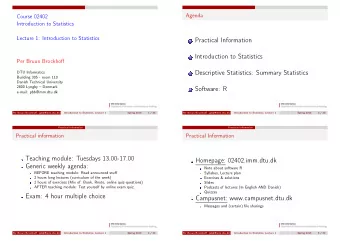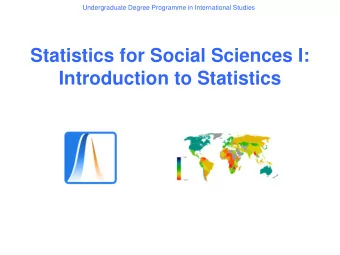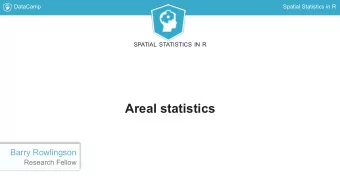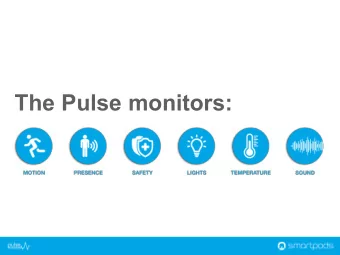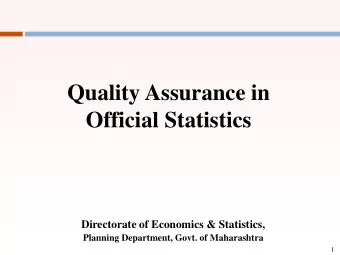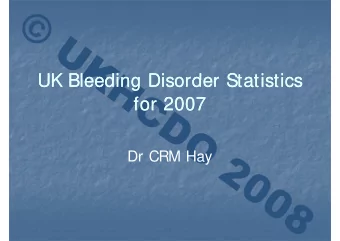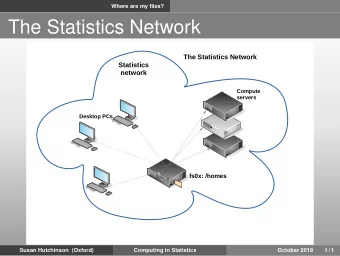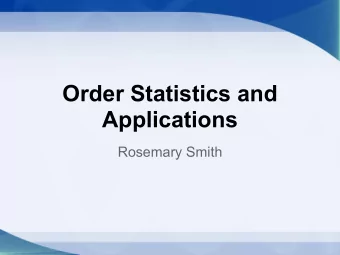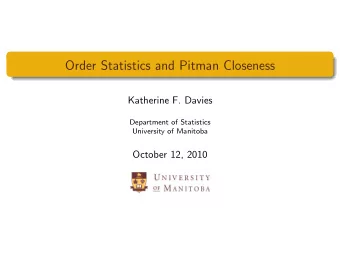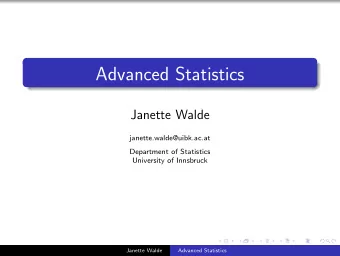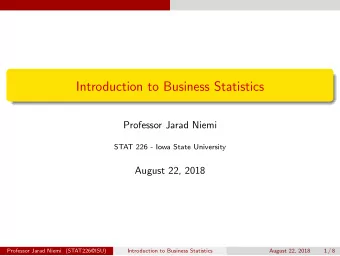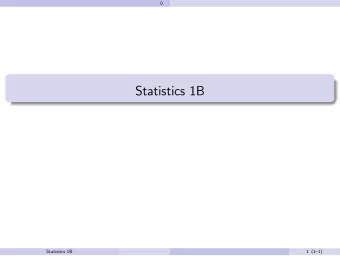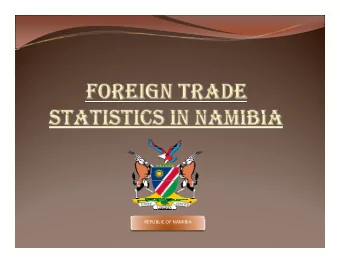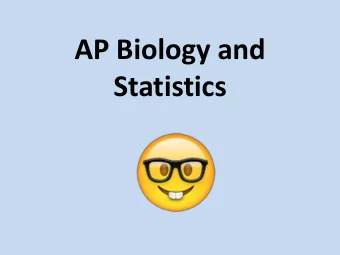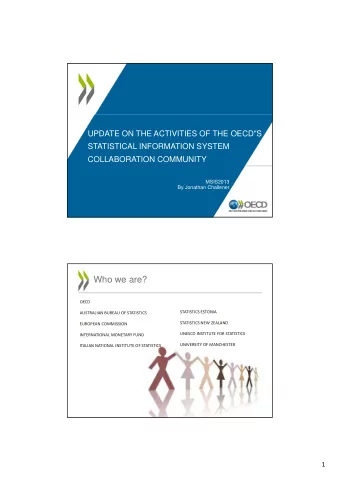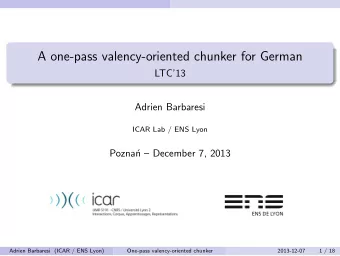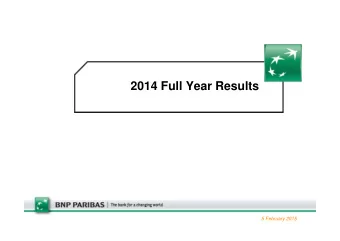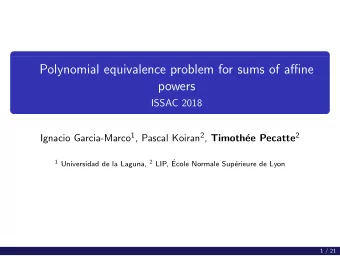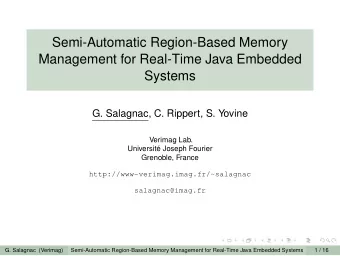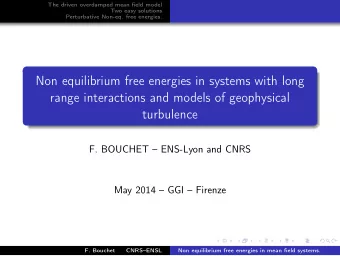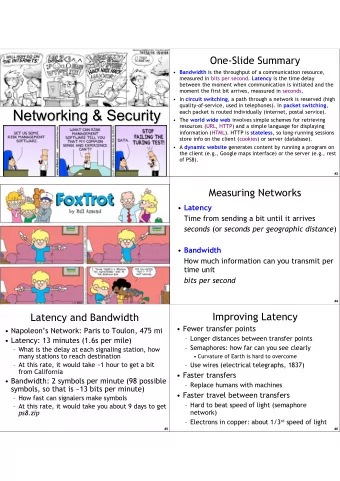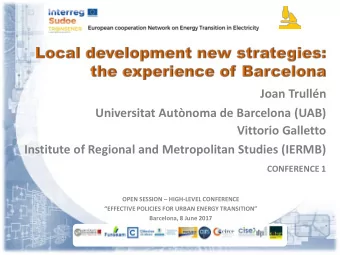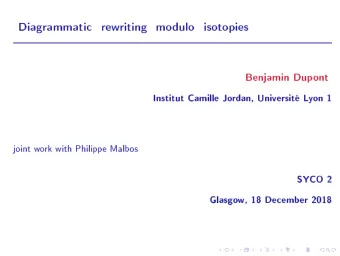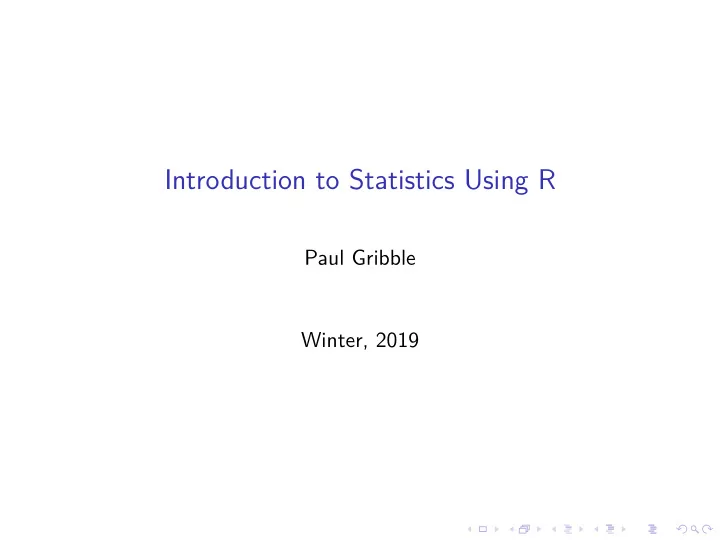
Introduction to Statistics Using R Paul Gribble Winter, 2019 . . - PowerPoint PPT Presentation
Introduction to Statistics Using R Paul Gribble Winter, 2019 . . . . . . . . . . . . . . . . . . . . . . . . . . . . . . . . . . . . . . . . Administrivia Tuesdays lecture 2:003:30pm in WIRB 1130
Introduction to Statistics Using R Paul Gribble Winter, 2019 . . . . . . . . . . . . . . . . . . . . . . . . . . . . . . . . . . . . . . . .
Administrivia ▶ Tuesdays lecture 2:00–3:30pm in WIRB 1130 ▶ Thursdays lab 1:30pm–3:00pm in WIRB 1130 ▶ No formal office hours, contact me with Qs or to setup a meeting ▶ paul [at] gribblelab [dot] org ▶ Office: WIRB 4122 ▶ our TA is Kathleen Lyons: (klyons8 [at] uwo [dot] ca) ▶ All materials will be posted on the course website ▶ https://www.gribblelab.org/stats2019 ▶ we will use OWL for submitting assignments and managing grades ▶ Check your email regularly in case of updates/corrections/class cancellations . . . . . . . . . . . . . . . . . . . . . . . . . . . . . . . . . . . . . . . .
Course Goals ▶ understand the logic of statistics ▶ understand the rationale behind statistical tests ▶ learn about common statistical tests & procedures ▶ given a dataset and a question, how to proceed? ▶ limitations of statistical tests ▶ learn to use R for data analysis & statistical tests ▶ develop some degree of statistical / computational independence . . . . . . . . . . . . . . . . . . . . . . . . . . . . . . . . . . . . . . . .
Topics ▶ logic & rationale of different approaches to statistical analysis of data ▶ null hypothesis significance testing (NHST) ▶ we’ll choose from a list of commonly taught techniques ▶ numerical / computational approaches (e.g. bootstrapping & resampling) ▶ maximum likelihood estimation (MLE) . . . . . . . . . . . . . . . . . . . . . . . . . . . . . . . . . . . . . . . .
Evaluation ▶ 70% assignments (7 marks x 10 assignments) ▶ 15% take-home midterm exam (15 pts) ▶ 15% take-home final exam (15 pts) . . . . . . . . . . . . . . . . . . . . . . . . . . . . . . . . . . . . . . . .
Resources ▶ Designing Experiments and Analysing Data: A Model Comparison Perspective (3rd Edition) by Scott E. Maxwell, Harold D. Delaney and Ken Kelley. Routledge (2017). ISBN: 978-1138892286 ▶ There is a website accompanying the textbook with datasets from the book, and sample R code for many of the chapters: https://designingexperiments.com ▶ There is a package for R on the CRAN site that contains datasets from the Maxwell & Delaney text: https://cran.r-project.org/web/packages/AMCP/ . . . . . . . . . . . . . . . . . . . . . . . . . . . . . . . . . . . . . . . .
Software ▶ The R Project for Statistical Computing: http://www.r-project.org ▶ RStudio https://www.rstudio.com (an R IDE) . . . . . . . . . . . . . . . . . . . . . . . . . . . . . . . . . . . . . . . .
Lectures ▶ in Lectures I’ll highlight the main concepts covered in the readings ▶ my role is to introduce you to the basics of each topic and get you started with examples ▶ it’s your responsibility to dig deeper when you need and/or want to . . . . . . . . . . . . . . . . . . . . . . . . . . . . . . . . . . . . . . . .
Sadistics ▶ statistics has a bad rap ▶ courses can be boring stressful, confusing ▶ often focused on rote memorization of recipies for statistical tests ▶ one can end up with little understanding of how and why (even after getting high grades in the course) . . . . . . . . . . . . . . . . . . . . . . . . . . . . . . . . . . . . . . . .
Sadistics ▶ limited statistical repertoire ▶ inability and/or little desire to confront new statistical challenges encountered in your own research ▶ "I was never taught to do X, so I can’t do X" ▶ science is about exploration, you should be able to (and you should want to) adapt what you know and learn new things . . . . . . . . . . . . . . . . . . . . . . . . . . . . . . . . . . . . . . . .
Our Goals ▶ understand the rationale behind various statistical approaches ▶ enable you to reason your way out of any statistical jam you find yourself in ▶ it’s the difference between only knowing how to heat up a frozen dinner versus figuring out for yourself how to cook new food from scratch based on a description of the meal . . . . . . . . . . . . . . . . . . . . . . . . . . . . . . . . . . . . . . . .
Our Approach ▶ understand how and why things are happening, rather than on low-level arithmetic ▶ I don’t care if you memorize equations; personally I can never remember them ▶ what I do remember is the underlying logic and rationale ▶ this is far more important . . . . . . . . . . . . . . . . . . . . . . . . . . . . . . . . . . . . . . . .
Your Goals ▶ learning about ways to explore, visualize, and model your data should not be a chore—this is the fun part of science! ▶ You should be excited by: ▶ your data ▶ the idea of obtaining more data ▶ looking at data in many different ways ▶ thinking about a model for your data ▶ thinking about what your data means ▶ exploring and analysing your data in new ways ▶ thinking about how to change your experiments to ask new questions . . . . . . . . . . . . . . . . . . . . . . . . . . . . . . . . . . . . . . . .
To Do Next 1. Install R & RStudio 2. Read Chapters 1 and 2 of Maxwell & Delaney . . . . . . . . . . . . . . . . . . . . . . . . . . . . . . . . . . . . . . . .
Recommend
More recommend
Explore More Topics
Stay informed with curated content and fresh updates.
